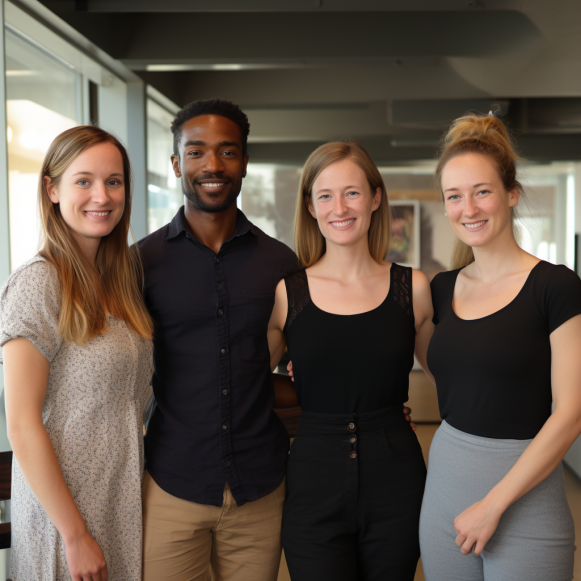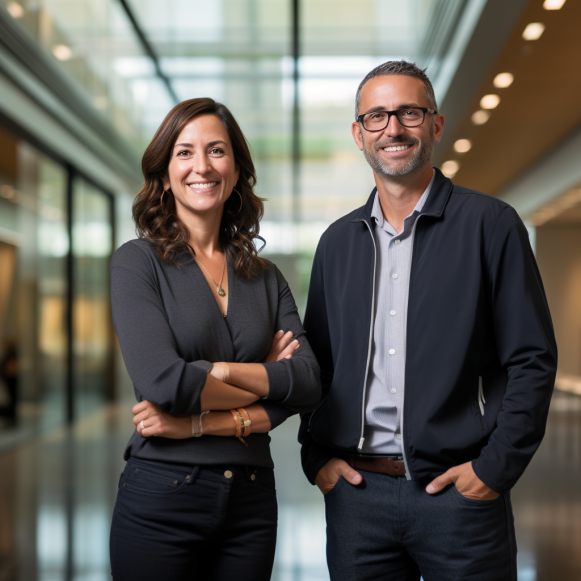Octarine Bio makes sustainable dyes for the fashion industry. Check out the 11-slide pitch deck it used to raise $4.6 million.

- A biotech startup making sustainable dyes just raised 3.4 million euros ($4.6 million).
- The round was led by Nordic and European fund Unconventional Ventures.
- Check out the 11-slide pitch deck it used to secure the funds.
A Danish biotechnology startup that creates sustainable dyes for the fashion industry has recently raised 3.4 million euros ($4.6 million).
Octarine Bio, based in Copenhagen, produces bio-based dyes from fermented yeast. Its technology platform can improve and optimize the properties of the ingredient based on what the customer wants, such as how easily it dissolves in water or breaks down in UV light.
The dye also contains two other ingredients that the company is not disclosing.
Octarine Bio began with cannabinoid and psilocybin-derived therapeutics but has since shifted its focus to natural dyes. It used the same biotech process to create and fine-tune enzymes.
Unconventional Ventures, a Nordic and European fund that supports diverse founding teams, led the round. Skare Capital, The Footprint Firm, and bioscience fund Dsm-firmenich Venturing were also present.
“I had no idea what conventional dyeing looked like or how polluting it is to begin with; the more we investigated, the more shocking it became,” Insider’s cofounder and CEO Nethaji Gallage explained.
Many textile dyes today are synthetic, rely on petroleum and chemicals, and must be applied to fabrics at high temperatures, according to Gallage.
A typical coloring procedure includes bleaching the fabric, applying dye, treating it, and washing it several times. The fashion industry is estimated to account for 10% of global emissions, while dyeing and finishing products account for 20% of clean water pollution.
Octarine Bio dyes, according to Gallage, can be applied directly onto fabric in ambient conditions without the use of additional chemicals and can take up to 10 minutes to fix to fabric.
There are already natural alternatives available, according to the cofounder, but pigments are frequently extracted from plants and limited to pastel colors. This complicates scalability, she claims. Furthermore, natural dyes do not always work well with synthetic fabrics like polyester and nylon.
According to Gallage, “this is a huge value inflection point” because Octarine Bio’s colors are scalable thanks to fermentation and work well on synthetic fabrics.
The startup can make a variety of “vibrant” colors, but it is focusing on purple as its flagship product.
It brings the total amount raised by the company to 12 million euros.
The new funds will be used to expand beyond the lab; the company will work with fermentation contractors as it pilots the product, producing colored fabric for potential partners and supplying them with liquid and powder dye. Octarine Bio will maintain a lean team of 12 employees.






